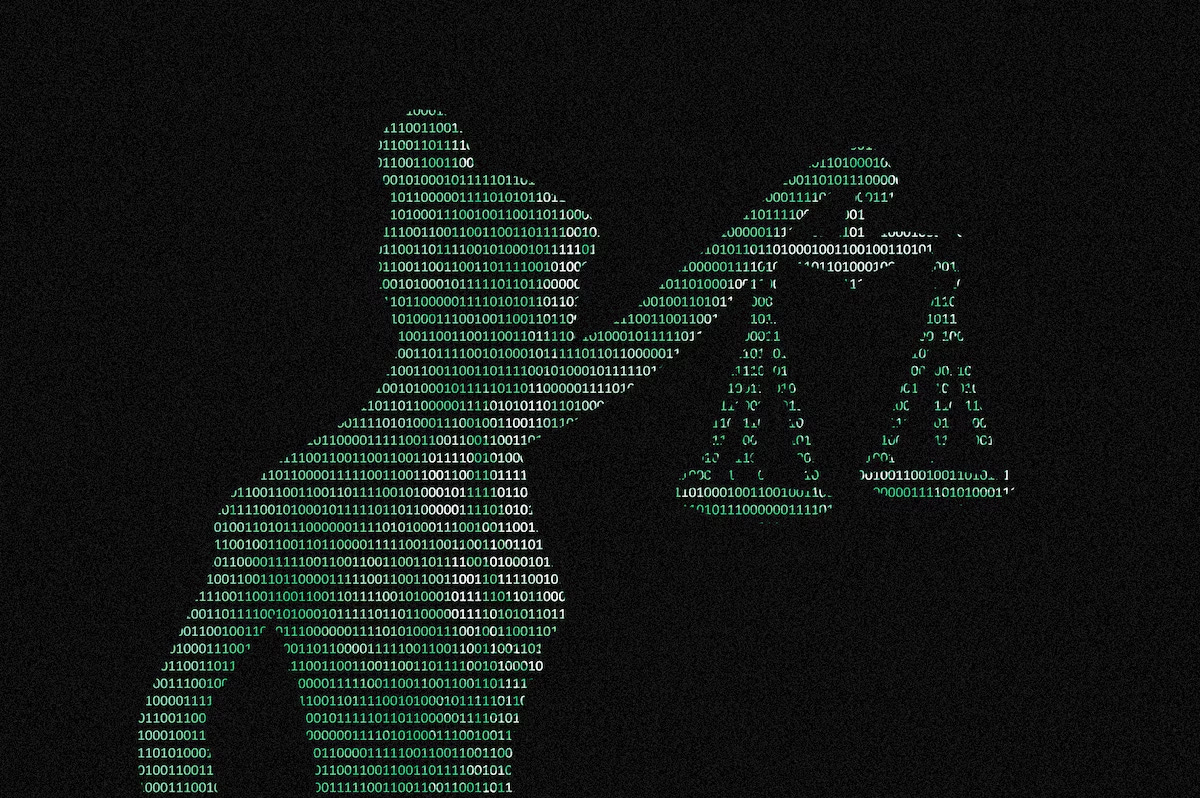
AI: AI's 'Shock and Law'. RTZ #322
No tech wave previously has seem legal and regulatory entanglements as early as the AI Tech Wave. And no company has been front and center on this legal and regulatory front as fast as OpenAI. The ‘Shock and Awe’ of its ‘ChatGPT moment’ only 18 months ago, is rapidly accompanied now with the ‘Shock and Law’ of dozens of lawyers on staff. As its overall employee count grew from 200 to a 1000 in two years from 2022.
The Washington Post chronicles this head-spinning transition for Sam Altman and company, in its timely “OpenAI prepares to fight for its life as legal troubles mount”:
“The company has hired more than two dozen in-house lawyers and adopted a new Washington playbook.”
“OpenAI has been hit with more than a dozen high-profile lawsuits and government investigations. Top authors including Jodi Picoult, comedian Sarah Silverman, and media companies including the New York Times have also alleged that the company violates copyright law by training the algorithms that power popular services like ChatGPT on their work. Billionaire Elon Musk sued OpenAI for diverging from its original nonprofit mission. And government agencies in the United States and Europe are investigating whether the company ran afoul of competition, securities and consumer protection laws in multiple regulatory probes.”
“Under siege, OpenAI is turning to some of the world’s top legal and political human minds.”
“OpenAI is in advanced talks to hire Chris Lehane, a former press secretary for Al Gore’s presidential campaign and the architect of Airbnb’s public policy efforts.”
“The company is playing defense amid a rush of lawsuits, investigations and potential legislation that threaten its goal of building the world’s most powerful AI. The posture is a dramatic shift from just a year ago, when Washington lawmakers were enamored with the potential of ChatGPT and the political acumen of the company’s CEO, Sam Altman.”
“Everyone thinks of us as Big Tech,” said Che Chang, OpenAI’s general counsel. But Chang argues the company isn’t far from start-up mode, adding that in 2022, it had just 200 employees.”
Indeed, we might as well call it the ‘Magnificent 7 1/2”, given how important OpenAI is to Microsoft’s future, the Inflection deal notwithstanding.
Sarah Silverman of course had the pithy line in the face of this OpenAI reality:
““It might be a good thing that ChatGPT could be a lawyer because a lot of people are taking its a** to court,” Silverman said during a November segment on Comedy Central’s “The Daily Show.”
The nuances and complexity of the flurry of legal and regulatory issues in front of OpenAI are important to understand.
But also important to note is how early a ‘startup’ in this wave is being faced with these issues vs leading companies in previous waves:
“Such an evolution is part of a pattern in Silicon Valley, where companies initially celebrated for their technological achievements ultimately face legal and political backlash for the perilous downsides of their products.”
“Congratulations, you’re in the big leagues,” said Bradley Tusk, Uber’s first political adviser and a fixer for start-ups in heavily regulated industries. “They are the market leaders in this completely revolutionary thing, which is very exciting but also means it’s going to be controversial for a really long time.”
“But even for the fast-moving tech world, OpenAI’s evolution happened quickly. Other companies’ products were available for many years or even decades before they attracted the eye of Washington regulators or legal challenges from celebrities and legacy companies. It has been less than 18 months since the release of ChatGPT.”
“Apple’s iPhone empire expanded with little intervention for almost 17 years until last month, when the Justice Department brought a lawsuit alleging it wielded an illegal monopoly over phones. Google was 22 years old when the agency hit the company with its first landmark antitrust case in 2020. Even Facebook — with a notoriously fraught relationship with Washington lawmakers — launched on college campuses 13 years before its Cambridge Analytica scandal and fallout from the 2016 election sullied its reputation.”
Also, given the exploding thicket of legal and regulatory issues around the AI industry, what’s in front of OpenAI is also in front of most AI startups around the world. And of course the potentially existential ‘Fair Use’ debates of the underlying content and data quest that drives the AI Tech Wave this time around.
Especially in Europe with its upcoming EU AI Act. That again is something we’ve not seen this early in a technology wave.
Consider it an AI Legal Infrastructure wave in conjunction with the regular AI infrastructure gold rush. ‘Shock and Law’ indeed. New rules of engagement for new times. Stay tuned.
(NOTE: The discussions here are for information purposes only, and not meant as investment advice at any time. Thanks for joining us here)







